Six years ago, my wife Sally and I traveled to Madagascar, a beautiful and fascinating island off the southeast coast of Africa. Home to lemurs, Madagascar Hissing Cockroaches, incredibly bejeweled chameleons, 10 foot tall and 1000 lb. elephant birds (now extinct), and magnificent Baobab trees.
Baobab trees commonly live for 400-500 years, and some reportedly have lived over 2000 years. They are used as wayposts, and were even planted to mark the grave of notable persons, as they will be around for so long. Known as the “Tree of Life” throughout most of Africa, and “Mother of the Forest” in much of Madagascar, their survival skills and adaptation to their environment is remarkable.
Their huge swollen trunks soak up and store enough water from their short rainy season to last through the long drought. They leaf out and grow for only a very short time, then drop those leaves. Also, with rains, the Baobabs put out a profusion of beautiful flowers, and bats, beetles, moths, and other insects feed on sweet nectar. The resulting fruit is about the size of a large coconut, and is eaten by lemurs, as well as being an important food for humans, high in carbohydrates, vitamins, and minerals.
The bark of the baobab is used as a fiber for rope, cloth, nets, baskets, and paper. The tree provides welcome shade, even when leafless. So, while the brush surrounding Baobabs is frequently removed for agriculture or other uses, Baobabs are usually left in place.
Another important reason for leaving them in place is the Melagasy indigenous belief of “fady“. Baobabs are seen as either sacred, or taboo, or both. They are inhabited by spirits both good and evil, and if you cut down a Baobab, those spirits will be offended and very troublesome.
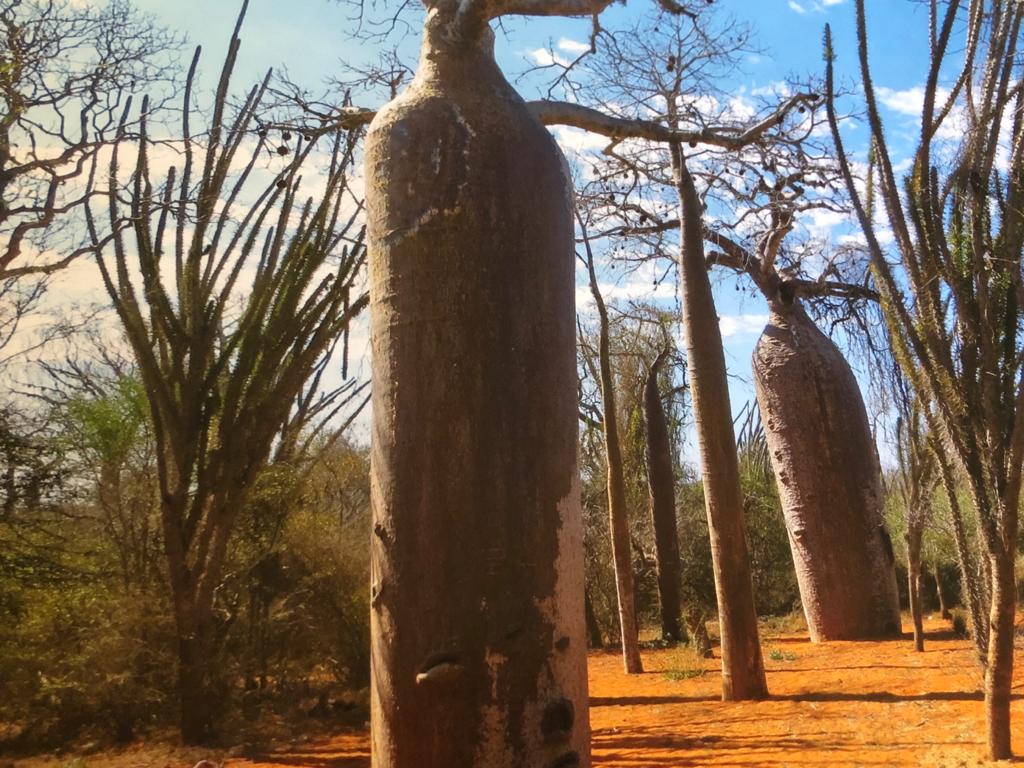
Unfortunately, higher average temperatures and more severe droughts seem to be resulting in decline and death for some of the oldest and grandest Baobabs. I fear that as the Baobabs, lemurs, and other marvelous Madagascar wonders go the way of the elephant bird, our children may be dealing with more and more offended and troublesome spirits.

-James
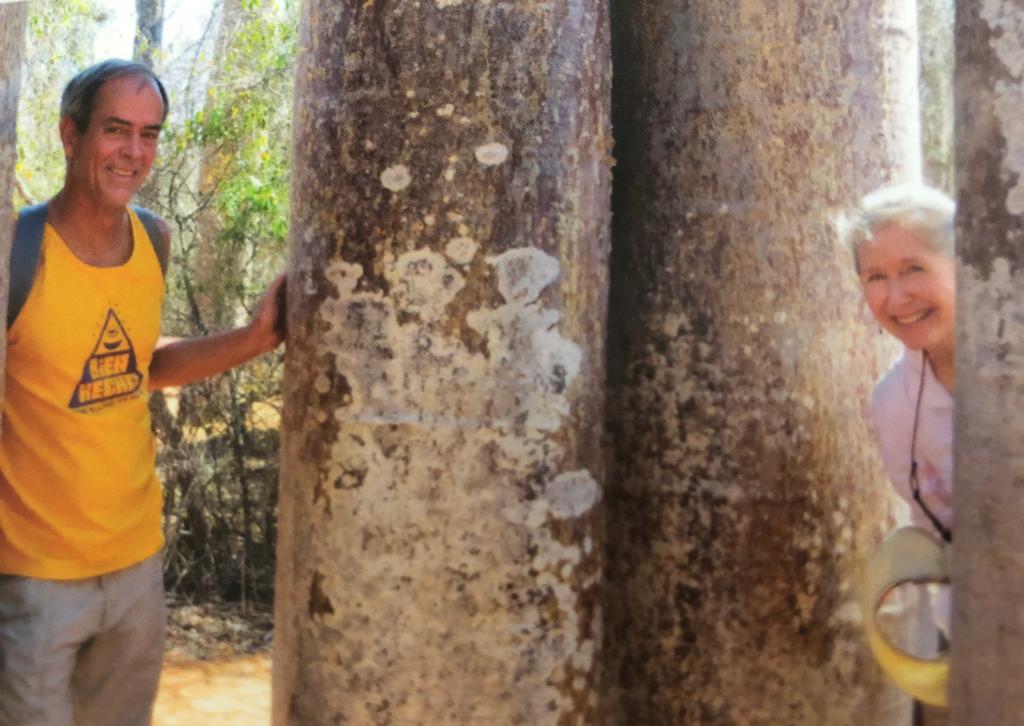
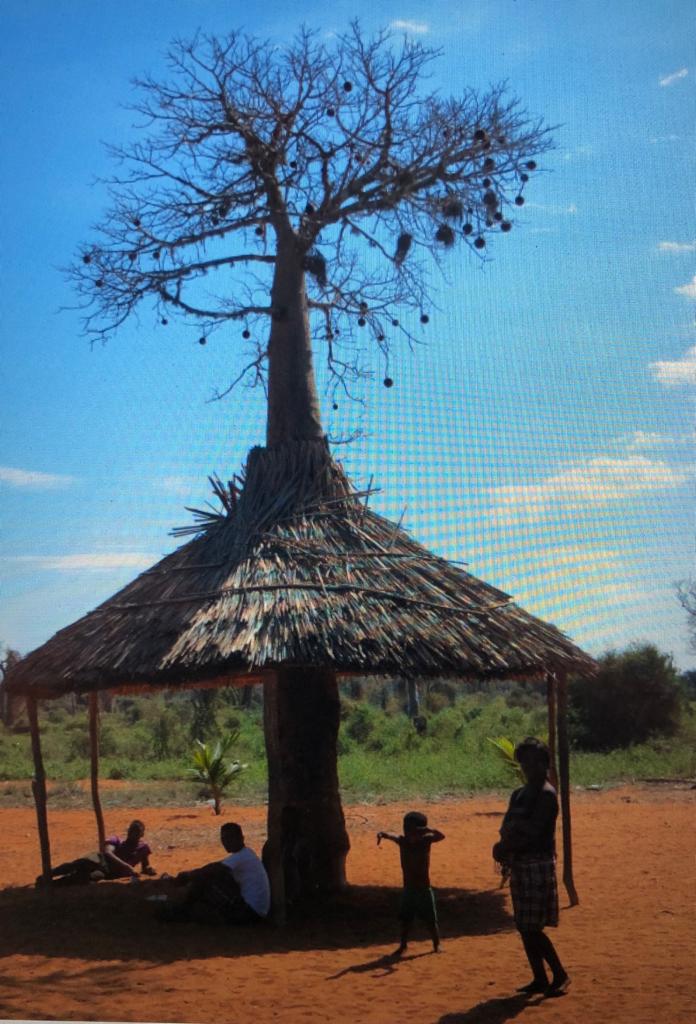
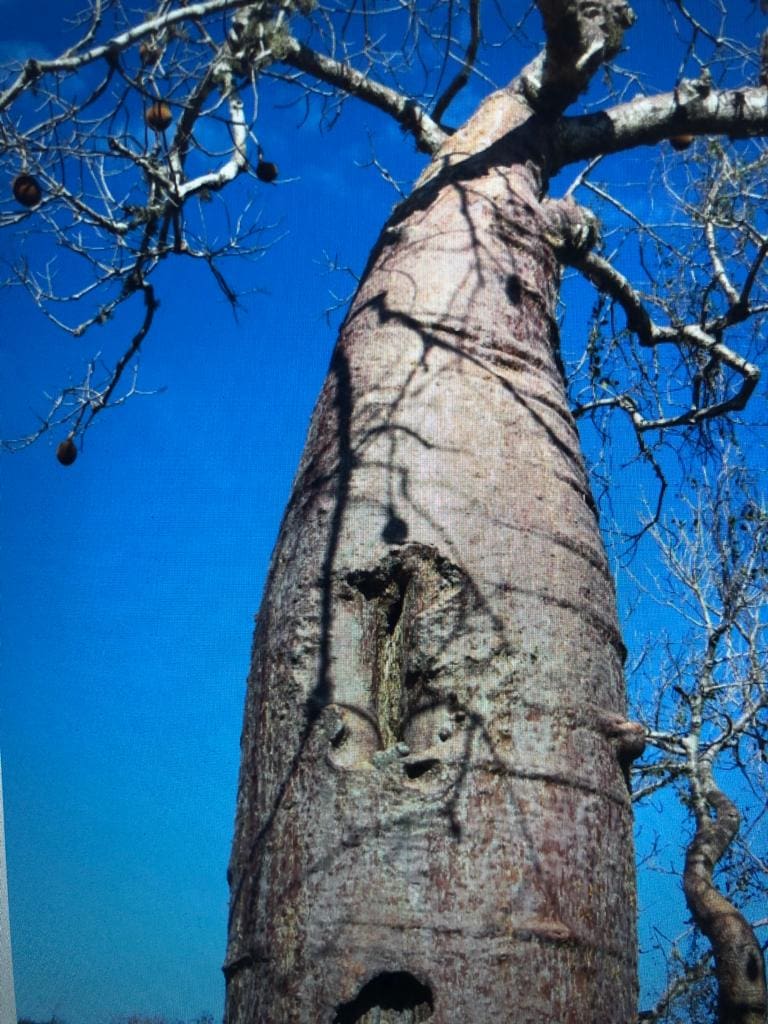
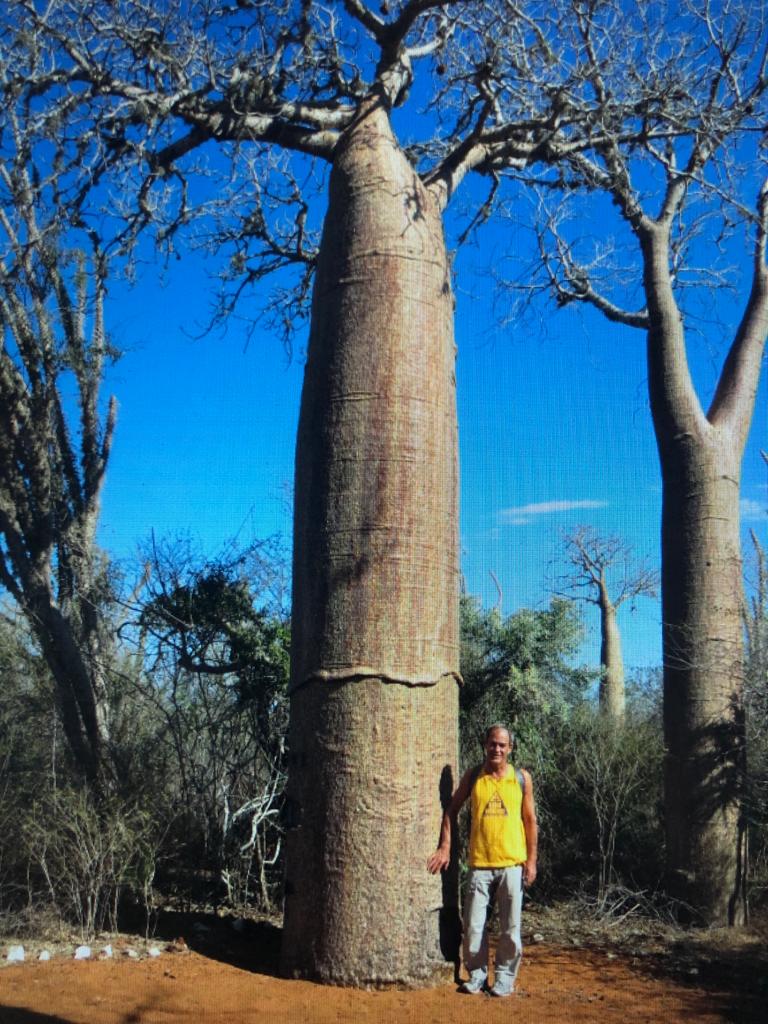
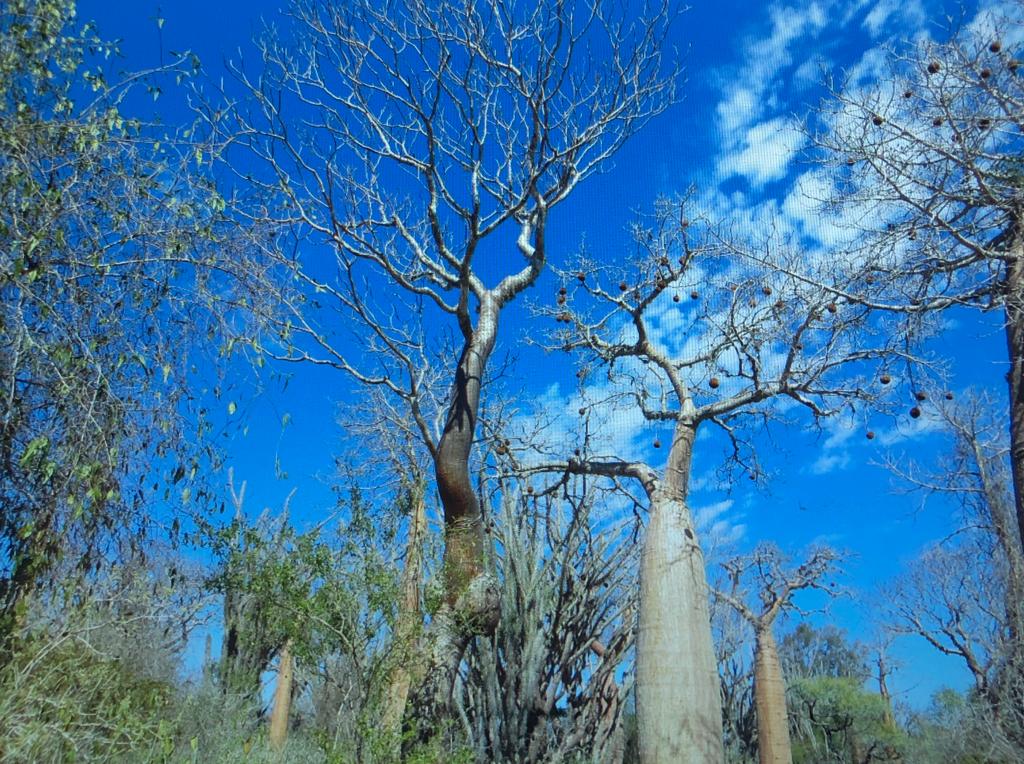


Yasuko says
Dear Madam/Sir owners of Jill Nursery,
Greetings.
I would like to visit your great nursery one of the day in the 1st week of January 2023 (3-7 January). Are you in operation?
Thank you very much for your kind attention.
Linda Lamprecht says
Very interesting and informative
Linda Lamprecht
LINDA May says
So sad to hear about the decline of Baobabs. This horrendous climate change is terrifying.